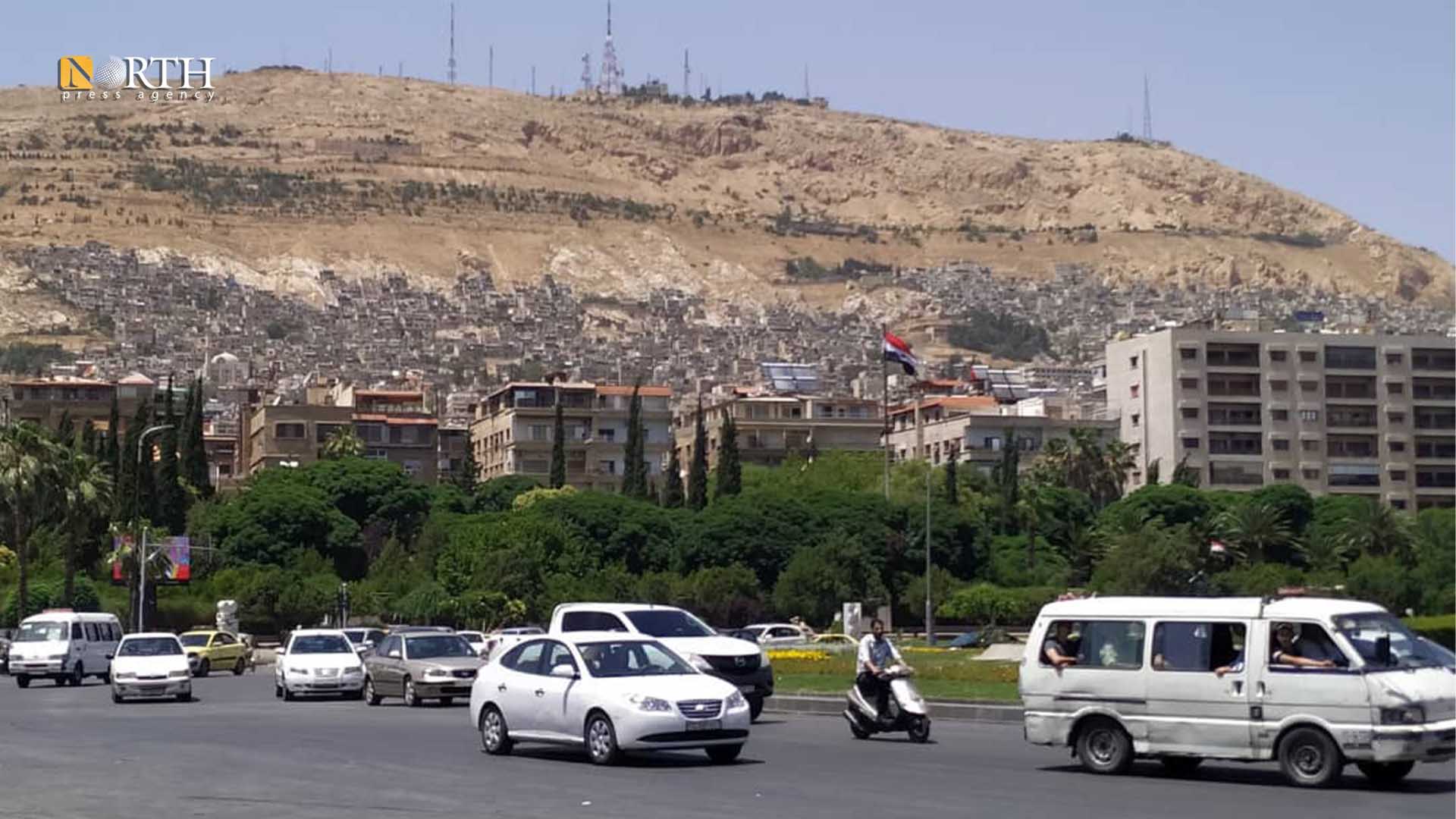Economic decline in Syria’s Damascus revives blacksmithing profession
DAMASCUS, Syria (North Press) – The deteriorating economic and living situation in the Syrian capital, Damascus, has led residents to turn in some of their daily needs to blacksmithing, as they are experts at restoration and recycling relatively cheap metals.
The greater part of the population of Damascus and Rif Dimashq governorates resort to reform and restoration instead of replacement, to recycling instead of throwing waste, and to rely on cheaper materials in order to meet their needs.
The Syrian markets are witnessing a significant increase in the prices of various materials, as the price of one kilogram of new iron is 3,500 Syrian pounds (SYP), while scrap iron is sold at 1,800 SYP, according to residents, which forced the majority of the population in Damascus to search for less expensive ways and more old furniture.
Reviving again
Muhammad Diyab, 43, a vegetable seller and breadwinner for four children from al-Amara neighborhood, told North Press that since the middle of 2020, he has turned to blacksmithing to repair what is worn out or corroded in his house or his shop to repair or replace it.
He added that six months ago, he had to replace the wooden bases and shelves that he used in his shop as a result of their wearing.
Diyab went to a sawmill to try to secure new bases and shelves, to find that it could cost him 800,000 SYP.
“I went back and decided to use the metal bases and shelves. I went to the blacksmith’s shop, and made a deal with the blacksmith to complete the whole work for 150,000 SYP,” he noted.
He indicated that he would buy half of the iron needed for the process from scrap sellers.
Worn out and expensive materials
Hassan al-Bezra’s house, a pseudonym for 50-year-old resident of Bustan al-Dor neighborhood in Damascus, is being worn, without being able to restore it due to the high cost of the materials needed for it, such as paint, wood and aluminum, which are not commensurate with his salary.
“My salary does not help me keep track of what my home needs, unless these needs are replaceable or repaired at the blacksmith,” al-Bezra, who works as an employee in the public sector in Damascus, told North Press.
“The wages of blacksmiths are somewhat acceptable, especially if you can manage your affairs in terms of securing iron,” he added.
Two months ago, al-Berza needed to replace the door of his house after it was completely worn.
“I went to the blacksmith shop taking the old iron door of my parents’ home, and the blacksmith restored, strengthened and painted it for 30,000 SYP.”
“Whereas, if I wanted to exchange it for wood, it would cost at least 350,000 SYP,” he added.
Tareq Akka, 40, a resident of al-Tabbalah neighborhood, who works at a gas station, is building a room on the roof of his house.
“As a result of the high prices, I do not have enough money to build a concrete roof,” he told North Press.
A friend of Akka offered to roof it with bricks, after telling him that the blacksmith would be responsible for everything, starting from securing the iron needed to build the base to securing and installing the tiles.
Akka said that when he arrived at the blacksmith’s place, he had many options, as the blacksmith let to choose between used or new iron, and between different qualities and grades of iron, whether used or new.
He pointed out that the blacksmith had given him the option of paying 150,000 SYP as a wage for his work without being responsible for buying the materials, or 650,000 SYP as the most austere option if the blacksmith took over all the work.
Intensity of work
Mehdi Kheder, 47, owner of a blacksmith shop in Damascus, told North Press that he keeps working all day.
“Work has been increasing little by little since 2016, but it has exponentially increased since the beginning of this year,” he added.
Kheder has not worked with this intensity since the days of contracts with state institutions, and he also buys used iron from anyone who wants to sell, “because its maintenance and reuse has become very common.”
He mentioned that he himself, “replaced the aluminum windows in his home to old-style iron windows because they are more durable and less expensive, taking advantage of the price difference.”
“In fact, small businesses are the most profitable, so my profit from repairing an old window or door equals making a new door.”

